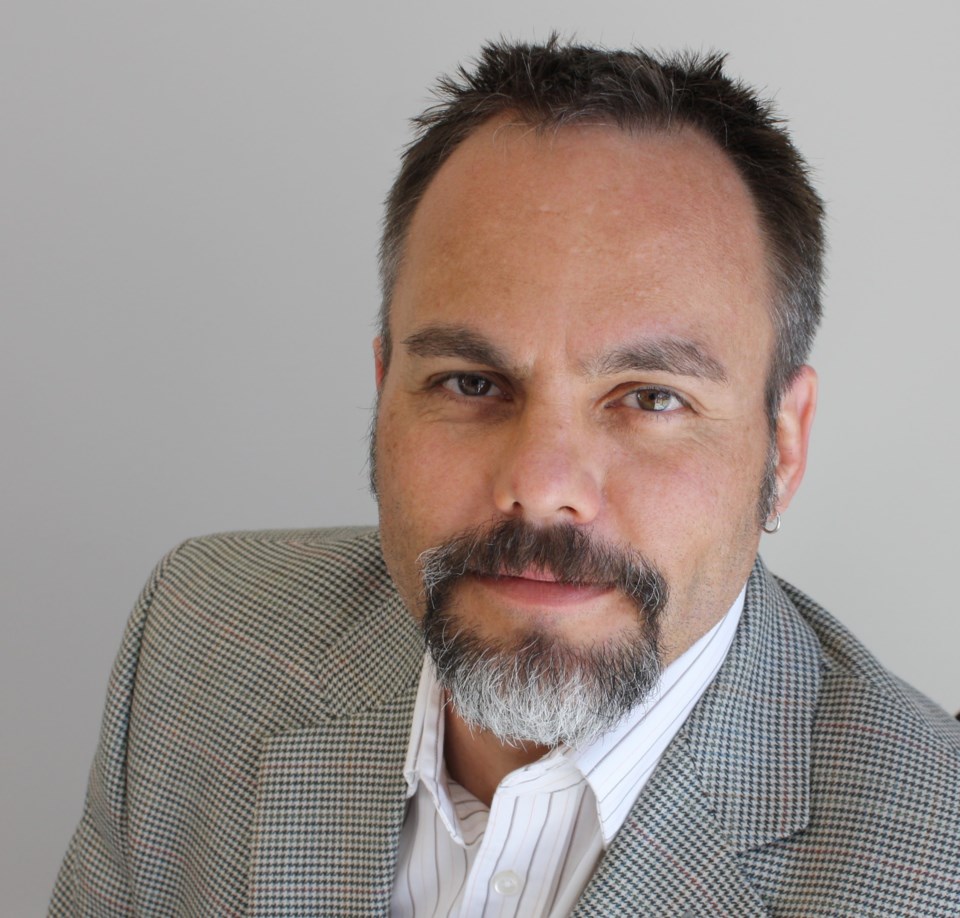Earlier this year, the Georgian Triangle Development Institute (GTDI) named Robert Voigt as its new president.
“I am excited to bring new eyes and a new voice to this role. Collectively, we are going to focus on stronger collaboration with area municipalities, stakeholders and economic development officers, to cover everything that goes into building great communities,” says Voigt.
The GTDI is a non-profit organization that represents the development industry across the Southern Georgian Bay. Its membership includes developers, builders, contractors, suppliers, planners, engineers, real estate firms and related industry businesses.
“Our members have been key to driving every aspect of our regional economy,” says Voigt, who brings 25 years experience as a registered professional planner to the role. “We provide jobs, infrastructure, homes, recreational amenities, and community facilities.”
Voigt is also the director of Parkbridge Lifestyle Communities Inc. and held the position of contributing editor on technology for the Ontario Planning Journal from 2011 to 2019.
“I have spent 17 years in the civil service, working on the government side, both here and in Colorado and Washington. I have also spent eight years in the consulting industry and now in the development industry. So, my perspective is kind of the trifecta as an urban planner,” he says.
Voigt was on the board of the GTDI last year and takes over the role of president from Ken Hale, who held the position for three years.
“One of the goals in my new role is to be reaching out and making deputations at each of the five municipalities that we operate in, which includes Clearview, Wasaga Beach, Collingwood, the Blue Mountains and Meaford. We would like to reintroduce ourselves and remind them who we are and what we do,” he says. “We all recognize, both elected officials and the development industry, that collectively we are all community builders and we need to come together to make this a reality. No one group is responsible or has the responsibility to build the communities that we envision for this area without the others playing a key role in it.”
Currently, the top priorities for the GTDI, according to Voigt, are the overall sustainability of the area, looking at streamlining effectiveness of development processes, attainable housing, building community and supporting community-building initiatives, like the Collingwood hospital.
“The development industry, the public, and the stakeholders and government - you need all three to develop great communities. Each has their own responsibilities and we need to work together and figure out how to amplify all of our skills so that we can be successful,” Voigt continues.
The GTDI was incorporated in 1992 and has always had a good relationship with its municipal counterparts, however, Voigt says there is always room for improvement.
“We would like to have a more proactive role and be more engaged, upfront and collaborative with the municipalities. Our success is the community's success.”
Voigt also hopes to increase the organization's communication with the general public and foster a landscape that will attract young, new residents.
“There is a need to make this area attractive and viable for young people and young families. Without those kinds of residents there will be some serious challenges that will be exceedingly difficult to address,” says Voigt. “I think where our region has the greatest difficulty is understanding that all communities throughout their history are undergoing change. There is no constant state of any particular community. There are aspects that may need to be renewed and redeveloped. There are various periods of growth and there are always new people coming into and leaving your community. It is really about managing change to create the highest livability and sustainability for the community.”



